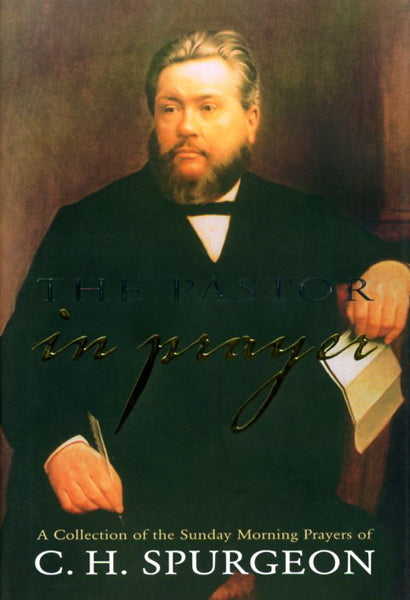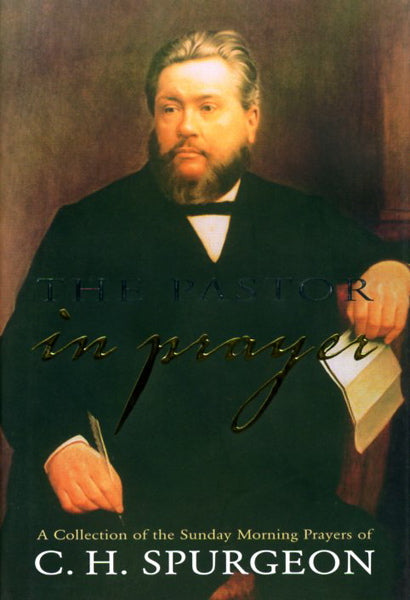The Pastor in Prayer: A Collection of the Sunday Morning Prayers of Charles Spurgeon
When the American evangelist D. L. Moody spoke in the Metropolitan Tabernacle in October 1892, he recalled an earlier visit twenty-five years previously. He had come four thousand miles, he said, to hear C.H. Spurgeon, but what impressed him most was not the sermon, nor the singing of the great congregation, but Spurgeon’s prayer. Such was his access to God that he seemed to be able to bring down power from heaven. This was the great secret, Moody believed, of Spurgeon’s influence and success.
This collection of prayers drawn primarily from Sunday morning services at the Tabernacle will make a similar impression on readers today. In this book we see Spurgeon come into the presence of God with deep reverence, yet with unquestioning child-like confidence, to plead God’s promises in Scripture and to revel in the nearness to God into which Christ has brought all who believe.
The Pastor in Prayer will inspire those who lead public worship and all Christians with a fresh sense of the privilege of prayer, and a renewed desire to ‘come boldly to the throne of grace’, there to ‘obtain mercy and find grace to help in time of need’.
-
Cover Type
-
ISBN
-
Page Count
-
Weight
-
Publisher
-
Publication Date



